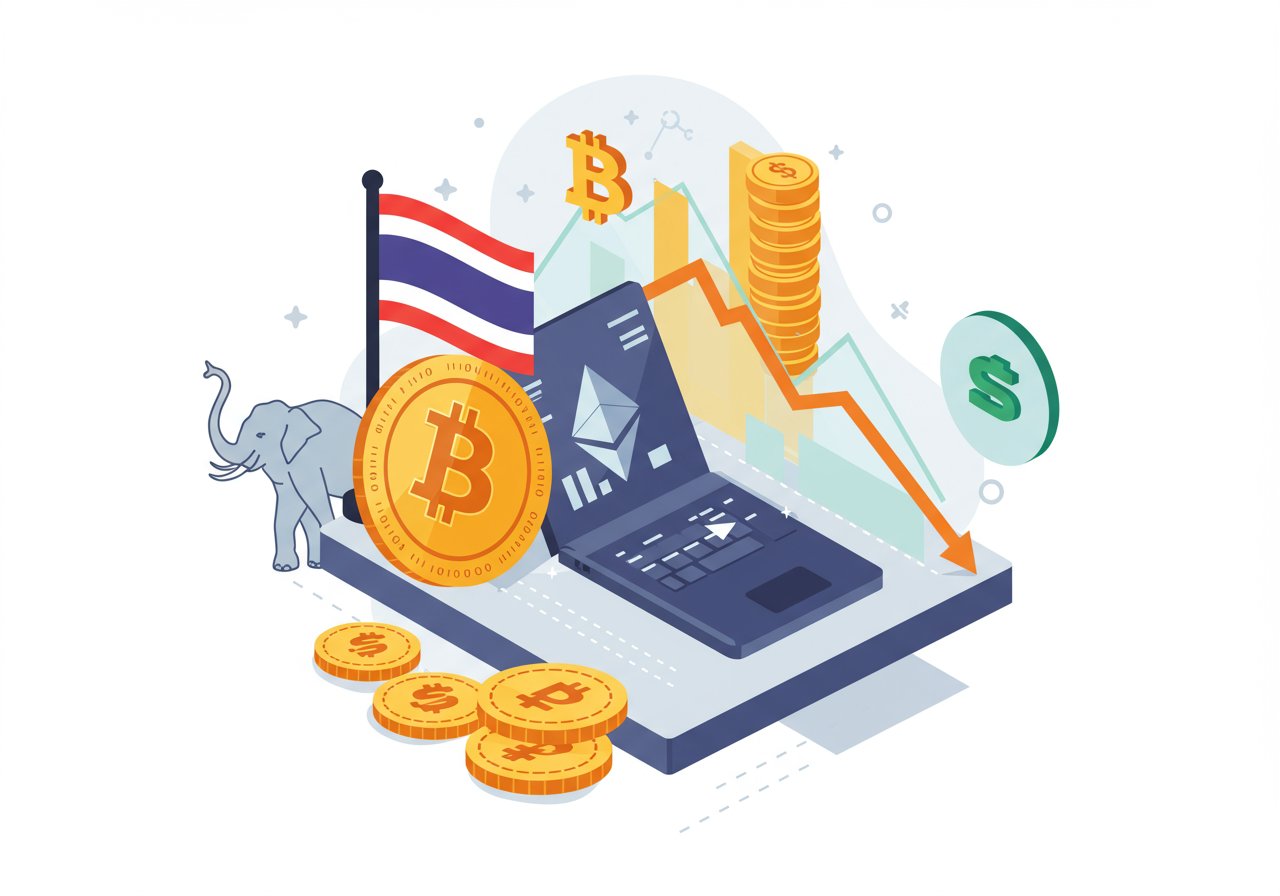
Thailand Takes a Leap into Tokenized Government Bonds
In a move that could significantly reshape Thailand‘s financial landscape, the Ministry of Finance is poised to issue $150 million worth of digital investment tokens backed by government bonds. This initiative, designed to attract retail investors, is expected to launch within the next two months, marking a significant step towards a more inclusive and digitalized financial ecosystem.
The “G-tokens,” as they’re being called, will be used to raise funds for public spending under Thailand‘s current budget borrowing plan. According to Patchara Anuntasilpa, director-general of the Public Debt Management Office, these tokens are not debt instruments in the traditional sense. Rather, they represent a novel way for individuals to participate in government debt financing, breaking down traditional barriers to entry for retail investors.
Opening Doors to a Wider Investor Base
Previously, retail investors in Thailand had limited access to large investment products, with offerings primarily geared towards institutional and high-net-worth individuals. The government’s foray into tokenized bonds aims to change this dynamic, offering even small investors a chance to participate in the digital economy. With a minimum investment of just $3, individuals can now invest in government bonds, potentially diversifying their portfolios and accessing a new asset class.
While this move is designed to be a pilot program to “test the market,” Finance Minister Pichai Chunhavajira has hinted at the potential for higher returns compared to traditional bank deposits. This is particularly noteworthy considering the low interest rates offered by commercial banks in Thailand, currently standing at a mere 1.25% for a 12-month fixed deposit. This initiative could provide a much-needed boost to returns for Thai investors.
Beyond Crypto: A Tokenized Future
It’s important to emphasize that these “G-tokens” are not cryptocurrencies. They are digital representations of government bonds and will be traded on licensed digital asset exchanges, which are not accessible to non-Thai citizens residing in the country. This focus on regulatory compliance and transparency underscores the government’s commitment to building a secure and responsible digital asset ecosystem.
This initiative comes on the heels of Thailand‘s Securities and Exchange Commission (SEC) revealing plans to launch a tokenized securities trading system for institutional investors earlier this year. These moves demonstrate the country’s growing interest in exploring the potential of blockchain technology and tokenization to modernize its financial system and create more efficient and accessible investment opportunities.
The global market for tokenized bonds is experiencing significant growth.

According to RWA.xyz, a real-world asset tokenization analytics platform, the value of tokenized bonds onchain has more than doubled this year, reaching $225 million. This surge is fueled by a growing demand for more efficient and transparent asset trading, and Thailand‘s move to tokenize government bonds positions the country at the forefront of this evolving landscape.


